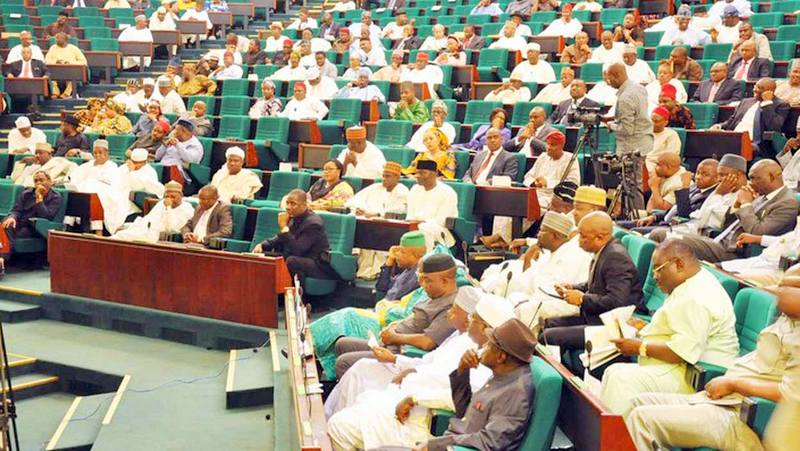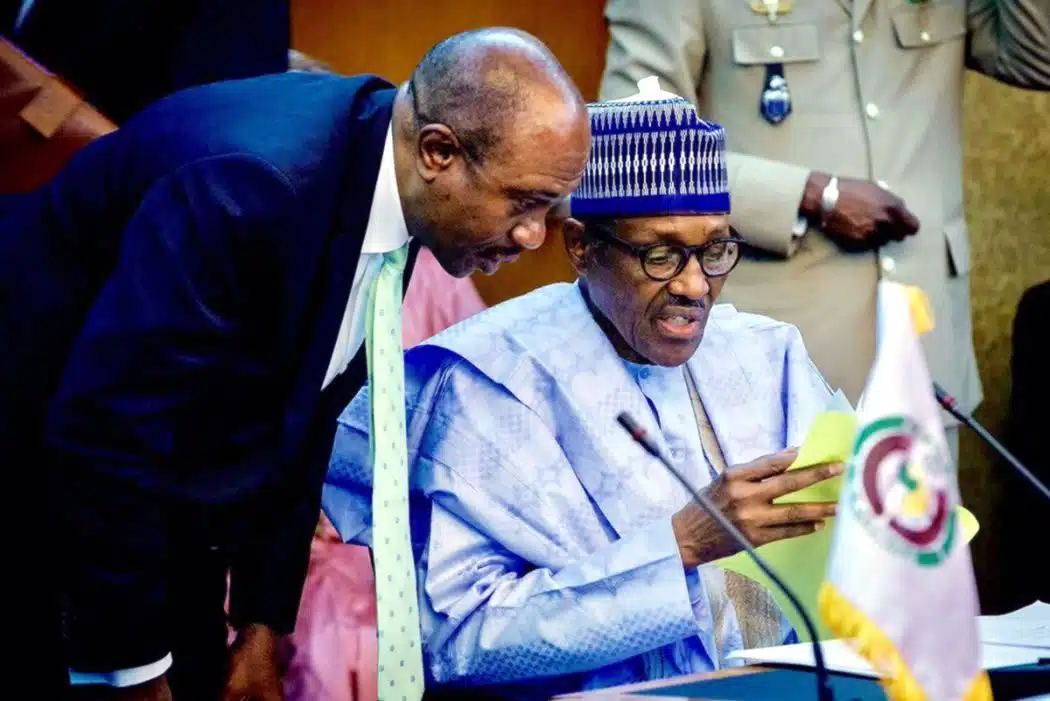Politics
Reps To Investigate Merits, Demerits Of Non-Interest Banking System

- Banking
The House of Representatives on Thursday mandated its Committee on Banking and Currency to investigate merits and demerits of adopting non-interest banking system in Nigeria.
This was sequel to an amendment raised by Rep. Ndudi Elumelu (PDP-Delta) while the house was debating a motion on the need to adopt non-interest banking system sponsored by Rep. Kabir Tukura (APC-Kebbi) at plenary, Eko hot blog gathered.
Moving the motion, Tukura said that the non–interest banking, also known as Profit and Loss Sharing (PLS) banking system prohibited payment of interest in all ramifications.
Read Also: BREAKING: Abdulrasheed Maina Slumps In Court
According to him, the system adopts the principle of profit and loss sharing between the parties.
Tukura explained that under non–interest banking system, both the investor and the entrepreneur were seen as partners.
The rep further explained that when profits or losses were made, they will be shared based on level of financial participation.
According to him, non-interest banking encourages asset banking as financial transactions are tied to tangible assets like real estate investment or investment on goal, which usually appreciates over time and does not depreciate.
“The conventional banking is an interest-based system whose relationship with the customer is that of the creditor and a borrower, where interest is fixed in advance and risk or loss is only incurred by the borrower.
“A large number of Nigerians, especially those from the North, do not take loans with interest, due to religious concerns, which thus short changes them from benefitting from Federal Government policies and stimulus packages.
“It is constituting one of the major reasons for the slow economic growth in the region; Nigeria’s lending rate, in conventional banking, is one of the highest in the world, and creates serious hardship, particularly on low–income earners, most especially in this period of the COVID–19 pandemic,” he said.
Tukura said that the Central Bank of Nigeria (NBN) being the apex regulatory body for banks and other financial institutions had not done enough in encouraging non-interest banking in Nigeria.
He said that the few commercial banks that embraced non-interest banking have made profits with high returns for investors.
The lawmaker said that at the same time, the banks had created better opportunities for access to funds for business purposes with very low risk.
Tukura prayed the house to urge the Ministries of Finance, Agriculture and Commerce to initiate deliberate policies that will encourage Bank of Industry (BOI) and Bank of Agriculture (BOA) among others to provide non-interest banking to their customers.
However, Rep. Nkem Abonta (PDP-Abia) said that Nigeria was operating a capitalist economy expressing worry over Tukura’s proposal.
Abonta said that some banks were already willingly practicing non-interest banking system in the country.
Abonta said that to ask CBN to review its policy by integrating non-banking system would be setting a dangerous precedence.
According to him, if commercial banks fail, they will easily blame it on non-interest banking system forced on them.
Abonta said that the forces of demand and supply should be allowed to operate, urging the house to step down the bill.
Elumelu then moved for an amendment of the motion to delete all the prayers and mandate the committee on banking and currency to investigate why Nigeria should adopt the system.
In his ruling, Speaker Femi Gbajabiamila mandated the committee to investigate and report back to the house for further legislative actions.
Advertise or Publish a Story on EkoHot Blog:
Kindly contact us at [email protected]. Breaking stories should be sent to the above email and substantiated with pictorial evidence.
Citizen journalists will receive a token as data incentive.
Call or Whatsapp: 0803 561 7233, 0703 414 5611








